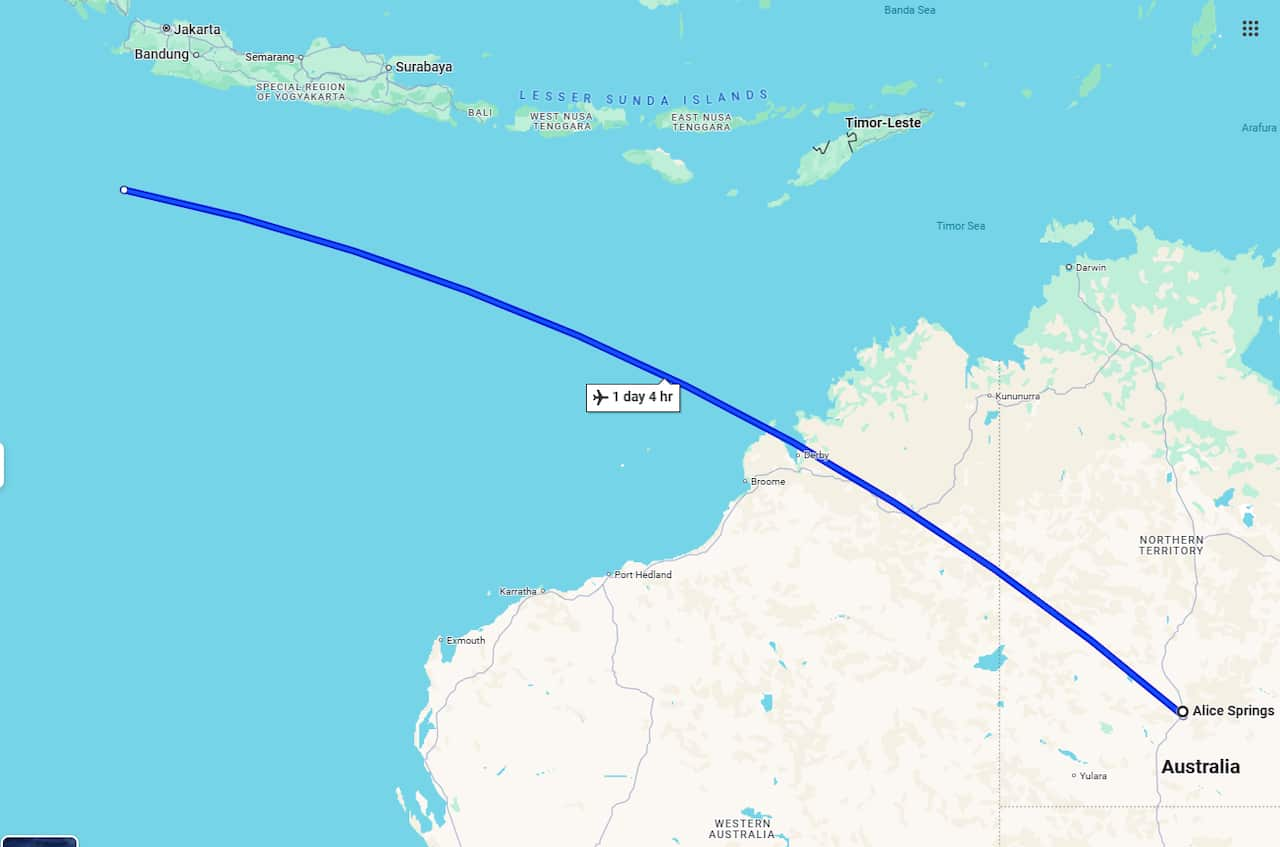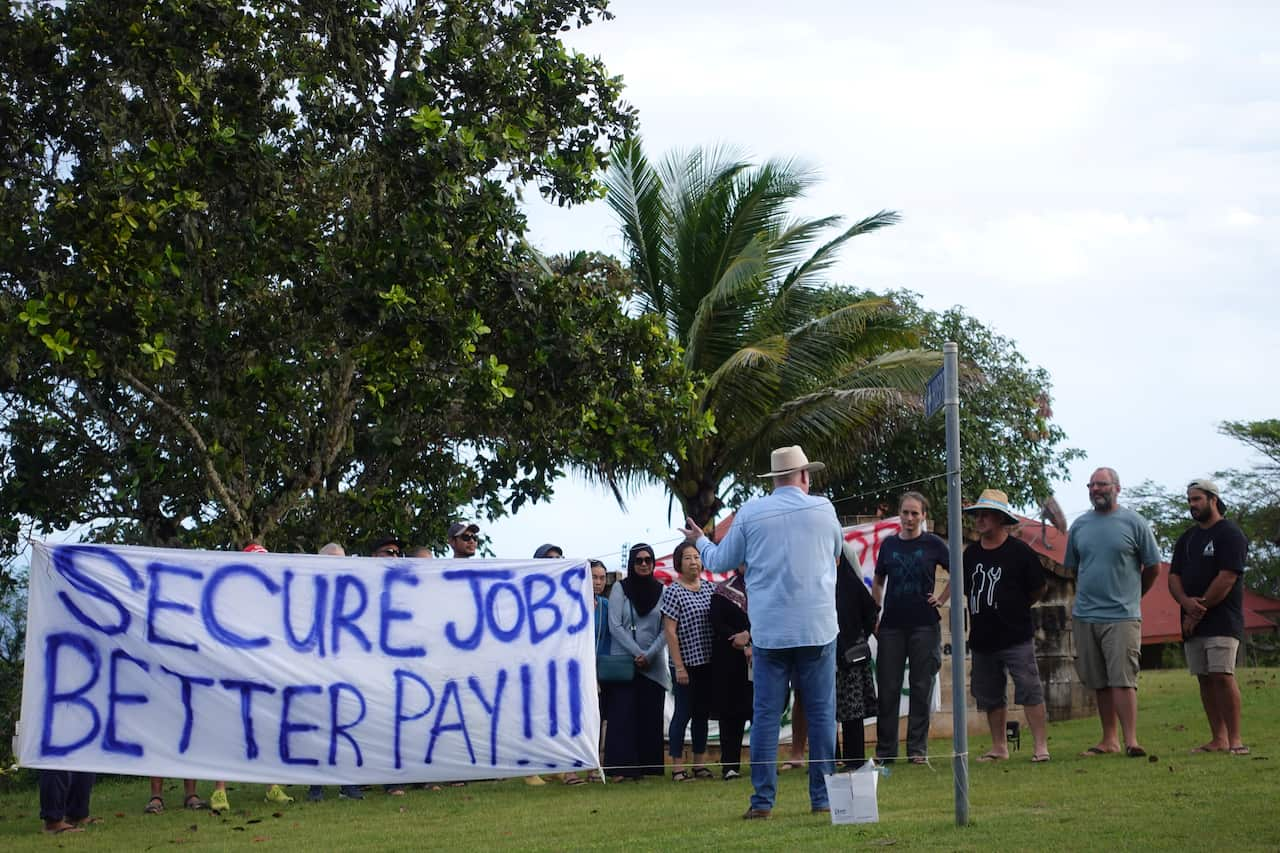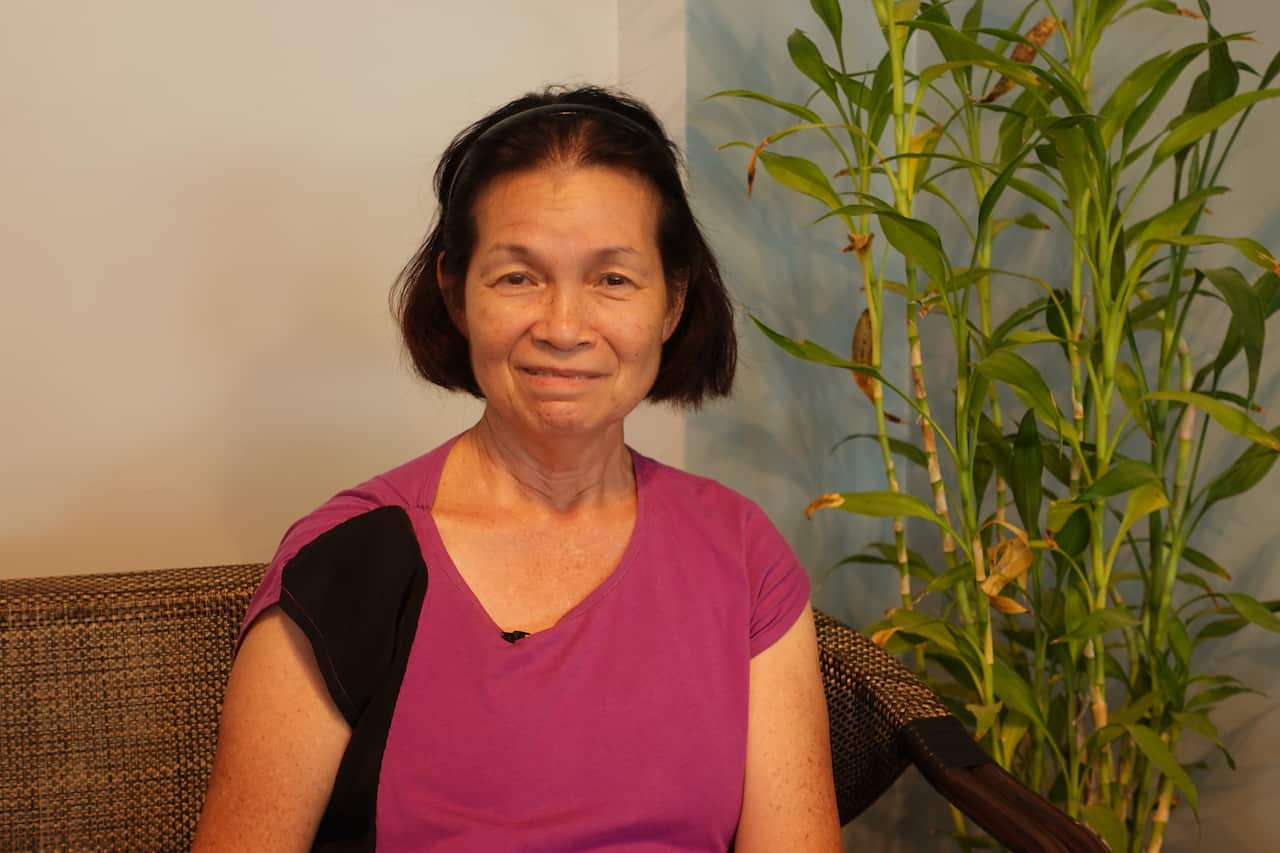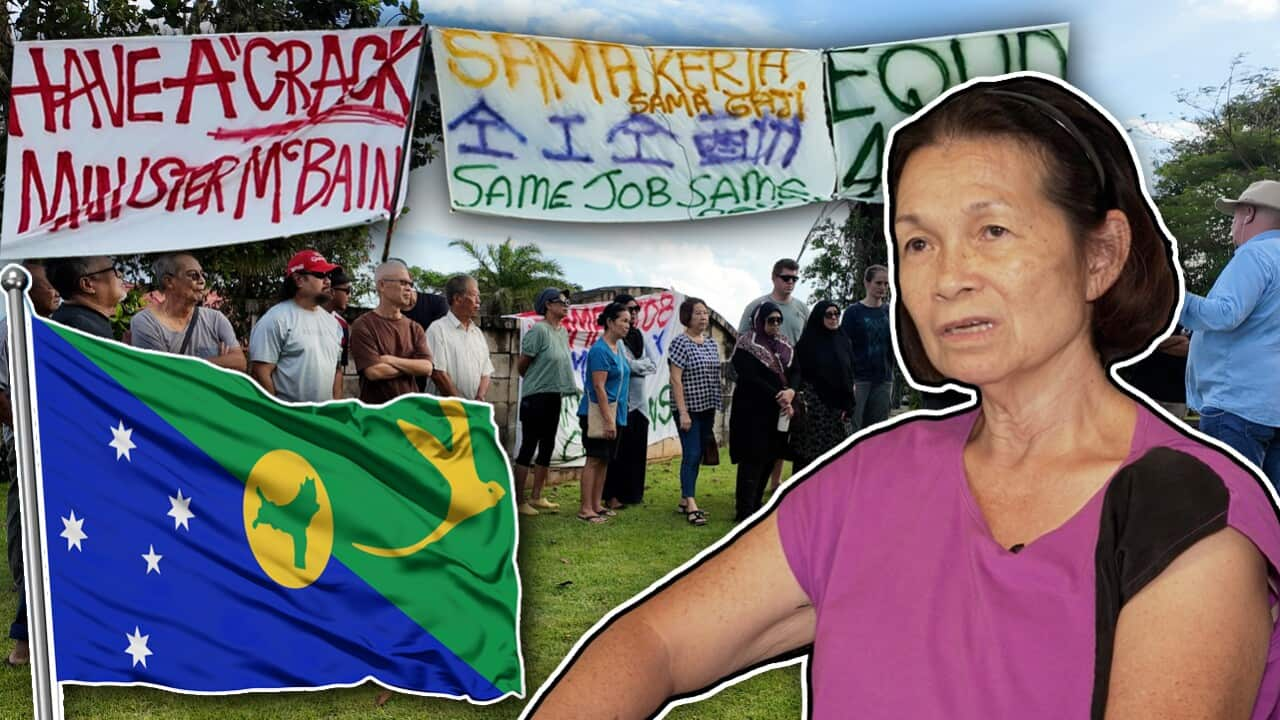Key Points
- Christmas Island falls within the electorate of Lingiari in the Northern Territory.
- Some locals are concerned their voices are not being heard in Canberra.
- Experts say islander votes could determine the fate of the marginal seat.
Residents of Christmas Island — an Australian territory in the Indian Ocean — cast their ballots in a Northern Territory (NT) seat despite following Western Australian (WA) laws and being administered by the federal Department of Infrastructure in Canberra.
Home to 1,700 people, Christmas Island has been part of the electorate or division of Lingiari since its residents first gained the right to vote in federal elections in 1984.
The seat of Lingiari covers 1,348,073 square kilometres, or 99.98 per cent of the NT.
However, islanders do not participate in WA state elections or NT elections. Instead, an administrator, appointed by the Governor-General, represents the Minister for Infrastructure on both Christmas Island and the Cocos (Keeling) Islands.
According to the Australian Electoral Commission (AEC), the Electoral Act states that Christmas Island will remain within an NT division unless its population becomes large enough to warrant its own federal representation.
The same applies to Cocos (Keeling) Islands, which is also included in Lingiari, and Norfolk Island, which falls under the Australian Capital Territory (ACT).
Dr Rob Manwaring, Associate Professor in the College of Business, Government, and Law at Flinders University, describes this arrangement as “unusual”, pointing to a potential “strong representation gap” for the island’s residents.
“Christmas Islanders [can] feel especially disenfranchised because of the distance and the remoteness of the island from the mainland and from the everyday decision-making processes,” Manwaring said.
“There is probably a question about whether Christmas Islanders would feel their views are better located within a seat within WA, which might fit more within their interests and claims, or within the current seat within the NT.”
Christmas Islanders’ votes are counted in the federal seat of Lingiari which also takes in Alice Springs, 3,300km from the island. Credit: Google Maps
Associate Professor in the School of Humanities, Languages and Social Science at Griffith University, Paul Williams, acknowledges that while locals might align with WA values, the sense of isolation would resonate with the Member for Lingiari because people within the wider seat also had a sense of being a long way from Canberra.
“Certainly, they would have a sympathetic ear in the Member (for) Lingiari,” Williams said.
Despite its small voter base, Christmas Island’s electoral significance should not be underestimated, experts say.
“Just because it’s regional doesn’t mean it’s not important,” Williams said.
“If it’s regional and marginal, it will get [the] major parties’ attention.”
Until 1992, the laws of Christmas Island remained largely based on the laws of colonial Singapore. Source: SBS / Nicole Gong
According to the AEC, as of 27 March 2025, there were 579 registered voters on Christmas Island.
In the last federal election, Lingiari was won by Labor’s Marion Scrymgour by just 854 votes over Country Liberal Party candidate Damien Ryan.
Manwaring believes this makes the island’s voters “significant” in the upcoming election.
“If the winning candidate only had an advantage of 800 or 900 seats, then 600 voters can really sway,” he said.
“So, a large block of votes from Christmas Island could actually determine the actual outcome of the election there.”
Christmas Island local workers went on strike in late February, demanding “same job, same pay, same conditions” as mainland Australia. Source: SBS / Nicole Gong
Both Manwaring and Williams agree that as a marginal seat, Lingiari will attract attention from both major parties. However, whether party leaders will visit the island remains uncertain.
A trip to Christmas Island from mainland Australia typically requires a transfer in Perth and a stopover via Cocos (Keeling) Islands, taking over 20 hours in total.
“It’s not really realistic for a federal leader to take time out of a campaign to go visit those small number of voters on Christmas Island, but it certainly would be a magnanimous act if they ever did it,” Williams said.
‘A little dot in the ocean’
While Williams said he had “great faith and trust” in the AEC and the electoral process which enabled Christmas Islanders’ concerns to be heard, many locals hold a different opinion.
“It’s hard for us to have our voices heard. We’re just a little dot in the ocean, and we are far away from Canberra, where the decision has been made,” a local voter told SBS Chinese.
Lifelong Christmas Island resident Koon Yong Ho said she believed the island had been overlooked by the Australian government for years.
Christmas Islander Koon Yong Ho’s family migrated from Hainan, China, in the 1940s. Source: SBS / Nicole Gong
“The Australian government isn’t investing a cent in the island,” she said. “Look at the roads — everywhere you see is not good because we don’t have the funding.”
Ho’s family history on the island dates back to the 1940s when her father left Hainan, China, in search of work.
After briefly returning to China to marry, he and Ho’s mother settled on Christmas Island, where they raised their family.
Despite Christmas Island becoming an Australian territory in 1958 after its purchase from Singapore, more than six decades later, not all residents feel a strong sense of belonging to Australia.
“I don’t really think about whether I’m Australian or not,” Ho said. “I was born on Christmas Island. I’m just a citizen of Australia, that’s all.”
The AEC has confirmed they are planning to conduct remote voting on Christmas Island over several days, approximately one week before the mainland Australia election day on 3 May.
SBS Chinese contacted both the Lingiari Country Liberal Party candidate Lisa Siebert and the sitting Labor MP Marion Scrymgour for comment but had not received a response by the time of publication.




